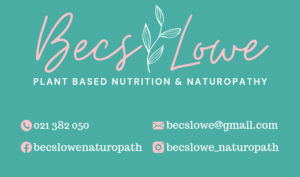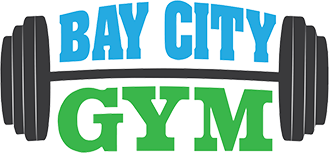Article by Bec’s Lowe Nutrtionist
Snacking is a great way to keep your body healthy, happy, and more importantly, energized! But you have to be careful not to overdo it: if you are constantly reaching for a snack every time you get a craving, chances are that snack isn’t getting digested properly, and you are keeping your insulin levels constantly high which in the long term can lead to insulin resistance. Snacking can both help and hinder weight loss efforts and can be a healthy addition to our diet or can lead to health problems. It all comes down to our snacking behaviour: what you snack on, why and when you snack, and how the snacks fit into your overall eating plan. Read on to learn the pros and cons of snacking, what snacks are most nutritious, and whether or not snacking is right for you.
So, what is a snack? A snack is any food that is eaten between your main meals. Most of us snack at least once a day, and many of us snack multiple times a day. There are many reasons why we snack such as: hunger, emotional reasons (bored, lonely, anxious, stressed, tired), cravings, food accessibility, social occasions, low energy, or habit.
Regular snacking used to be considered essential to keep our metabolism firing and burning calories to control weight. Scientific research however has shown this not the case.
Every time you eat, you stimulate insulin (the fat storage hormone) and frequent snacking keeps insulin at a constant elevated level. This tricks the body into thinking it is always hungry. We need periods of time when we are not eating, to allow insulin levels to go down, switching our bodies into energy burning mode. If we leave more time between meals we burn energy. If you are carrying extra weight, try eliminating between meal snacking, and stick to three meals a day. Avoid foods which stimulate insulin such as refined grains and sugar.
What are the pros and cons of snacking?
Pros
– Provides energy if there are many hours between main meals.
– Helps to avoid excessive hunger at meals by curbing your appetite.
– Can provide important nutrients if nutritious snacks are chosen such as fruit, veggies or nuts and seeds
Cons
– Many snack foods are high in sugar, fat and salt which when consumed regularly can increase your preference for these types of foods and decrease consumption of nutritious foods.
– Can cause weight gain and excessive hunger if frequency is too often and portions are too large.
– Frequent snacking keeps insulin levels high leading to weight gain and potentially insulin resistance.
Top tips for snacking
– Plan your day and if you know there will be several hours between main meals, make sure you have nutritious snacks on hand.
– If you are a regular snacker, get in tune with why you feel the need to snack. If it is emotional, try a mindfulness practice instead.
– Make sure you stay well hydrated by drinking plenty of water or herbal teas between meals. Sometimes hunger can be mistaken for thirst.
– Keep unhealthy snack foods such as chips, sweets and other processed foods away from your environment, out of sight out of mind!
– Choose lower carb, higher fibre and protein snacks to keep you satisfied between meals.
Nutritious Snack Ideas
– Apple slices with 2Tbsp nut butter (peanut, almond or cashew butter).
– One cup grapes with ¼ cup walnuts
– Capsicum, carrot, celery sticks with ¼ cup hummus
– Banana with 2 Tbsp peanut butter
– A handful of trail mix, seeds and nuts
– Roasted chickpeas
– Edamame beans
– Chia pudding with fruit and nuts
– Guacamole with plain corn chips
– Whole grain or seed crackers with avocado and tomato
– Coconut yoghurt with fruit and nuts
– ½ cup blueberries and ¼ cup Brazil nuts
And so, the answer to the question, the snack or not to snack?
It depends on the person. It can be good for some people to prevent getting ravenously hungry at mealtimes and avoid overeating. In other people, eating just two or three meals a day with no snacks works better for them.
It really a is a personal choice. If you are going to snack, make sure to choose nutritious foods that keep you full and satisfied.



